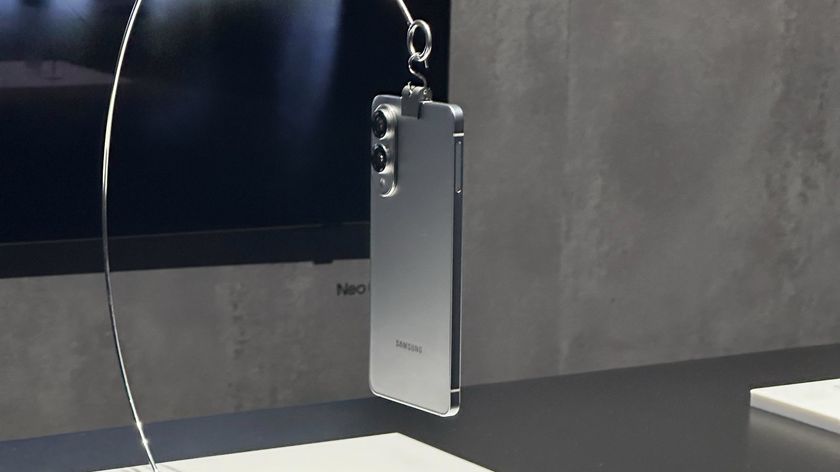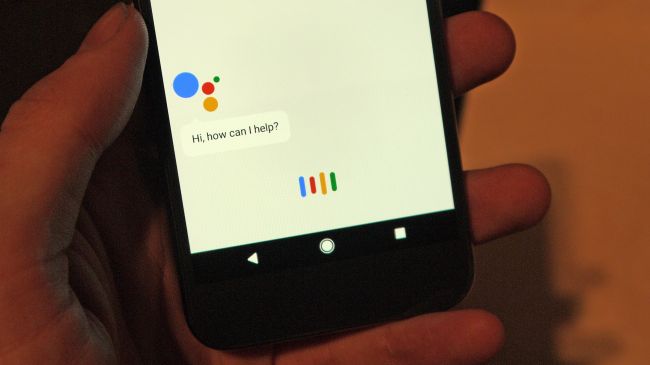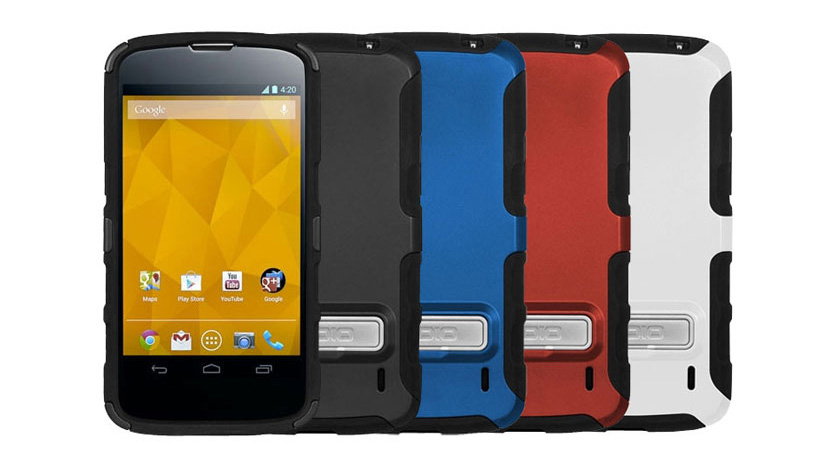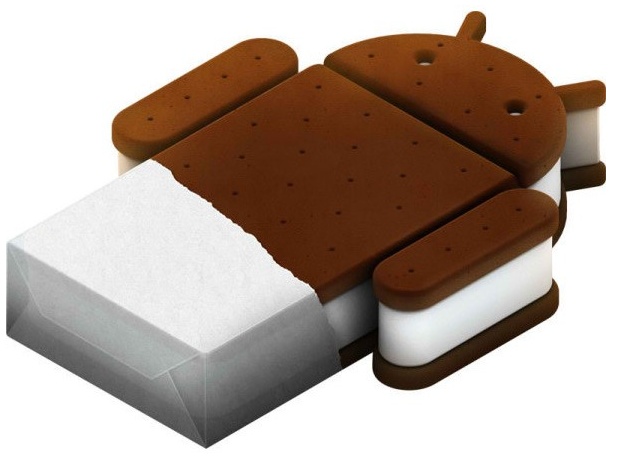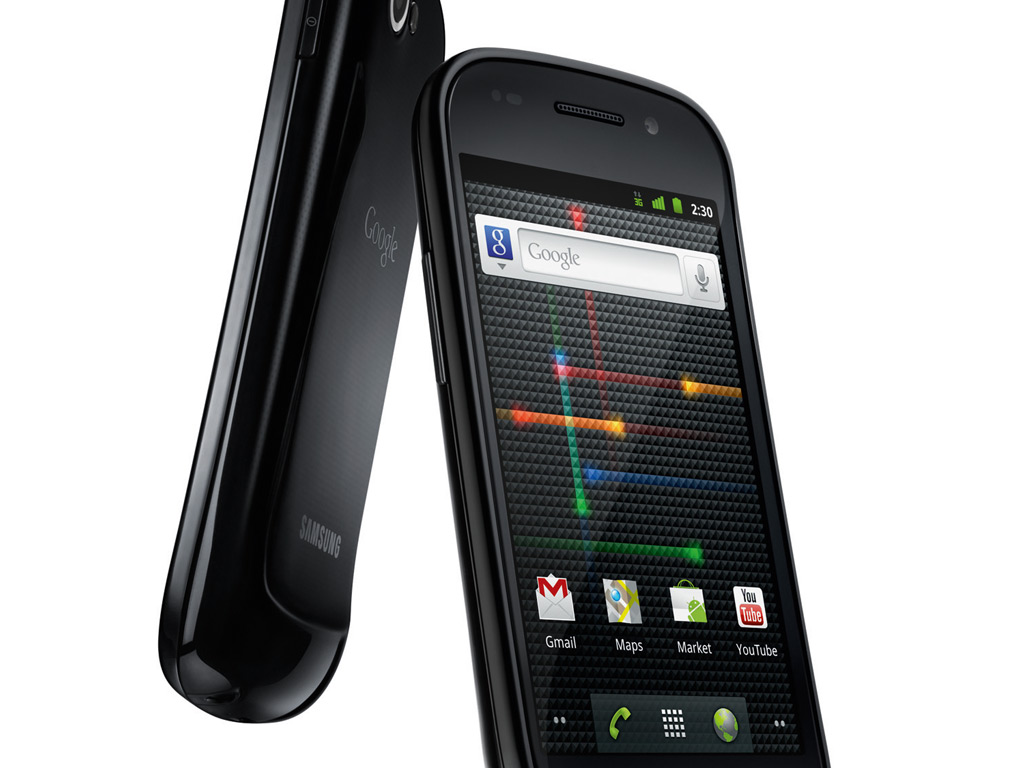Google Nexus 4 back in the USA's Play Store
The never-ending supply story continues
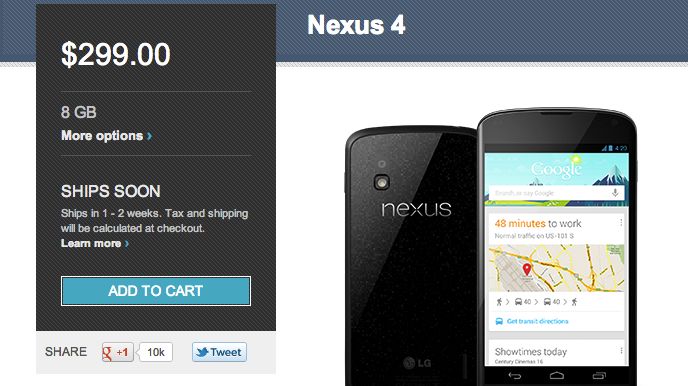
Oh happy day: Google's Nexus 4 is in stock and ready for sale in the U.S. Google Play Store.
Citizens can pick out either (or both) the 8GB and 16GB versions of the phone. Google is promising the speedy ship time of one to two weeks.
That's so fast, at least compared to the arrival date of "never" previously assumed when the phone was endlessly out of stock, that Google is pegging it with a "ships soon" banner.
Nothing as changed on that scrumptious price front: the 8GB variant costs $299 while the 16GB gets a price bump to $349. Both are sans contract.
We want phones
The handset has a supply story more intriguing than most, with both its makers - Google and LG - lobbing thinly guised blame at one another over which was responsible for customers getting the short shrift on their smartphones.
One LG executive went so far as to say it was Google's fault for miscalculating the amount of phones it shipped to certain regions, though she was sure to add that there was no rift between the partners.
LG vowed to work out whatever plugs were keeping the flow of phones from getting to customers while Google CEO Larry Page last week acknowledged his company needed to do a better job on the supply and customer service end.
Get daily insight, inspiration and deals in your inbox
Sign up for breaking news, reviews, opinion, top tech deals, and more.
Google tells us the phone is also available in Germany and Canada and we'll update this post if other international locales see the Nexus 4 appear in Google Play Stores.
Until then, we have to ask, is the interest still there? Would you buy one now or has your excitement waned after it was unavailable for so long?
Michelle was previously a news editor at TechRadar, leading consumer tech news and reviews. Michelle is now a Content Strategist at Facebook. A versatile, highly effective content writer and skilled editor with a keen eye for detail, Michelle is a collaborative problem solver and covered everything from smartwatches and microprocessors to VR and self-driving cars.

